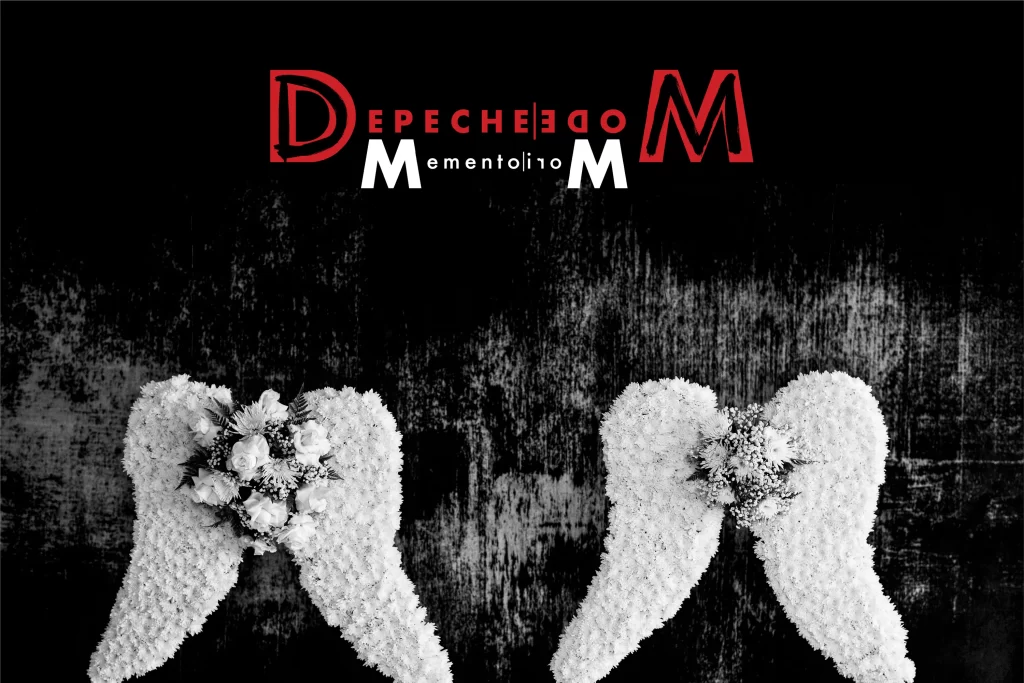Depeche Mode’s ‘Memento Mori’: A Thought-Provoking Exploration of Mortality and Survival
Depeche Mode is a band that consistently delivered powerful, thought-provoking music over its 40-year career. Their latest album, Memento Mori, is no exception, and it’s become one of my favourite DM albums in years.
I find the title of the album, “Memento Mori,” awe-inspiring. It translates from Latin to “Remember (that you have) to die,” which encourages us to reflect on the inevitability of our mortality and the fleeting nature of life. DM has used this concept as the foundation for an introspective album that explores themes of mortality and the need for meaning in life.
Despite the sombre themes explored in this album, it is mild. The band has managed to balance darkness and doubt on the one hand and uplifting, even upbeat, moments on the other. The result is an album that keeps the listener engaged and invested in each song.
One of my favourite moments on the album is the track “Speak to Me,” which is a gorgeous bit of Dave Gahan-shaped melancholia. It’s a devoted love song hamstrung by self-loathing, as Gahan worries that he’s not good enough for anyone but himself. The mid-album Nick Cave-and-a-drum-machine fever dream “Caroline’s Monkey” also stands out, holding Memento Mori in a haunting and beautiful permanent pallor.

But there are also tracks on the album that invite the listener to sing-alongs. For instance, Gore’s compositions “People Are Good” and “Never Let Me Go” share the first half of their titles with two of Depeche Mode’s most titanic hits, and both have anthemic ambitions. “People Are Good” is ebullient, danceable, and deeply disappointed, a confession of a recovering pessimist realizing that our very nature ensures our doom. “Never Let Me Go” swivels on the brand of anxious guitar hook that has long been the band’s secret weapon. It underscores the facade of neurotic self-confidence that Gahan offers so well, begging for love while pretending he is already love incarnate.
What is most impressive about Memento Mori, however, is the level of collaboration that went into creating it. Gore wrote a third of the album with Psychedelic Furs whiz Richard Butler, introducing a new vulnerability to Depeche Mode’s long-hermetic world. Gahan wrote with the touring band, producer James Ford, and engineer Marta Salogni, who is an intriguing sound artist herself. The result is an album that showcases Depeche Mode’s continued ability to create introspective, vulnerable, and thought-provoking music.
In many ways, Memento Mori is the best work from Depeche Mode since “Ultra.” The band has created an album that is both dark and light, introspective and uplifting and speaks profoundly to the human experience. It is a testament to the enduring power of DM’s music and its ability to continue evolving and growing even after four decades.




